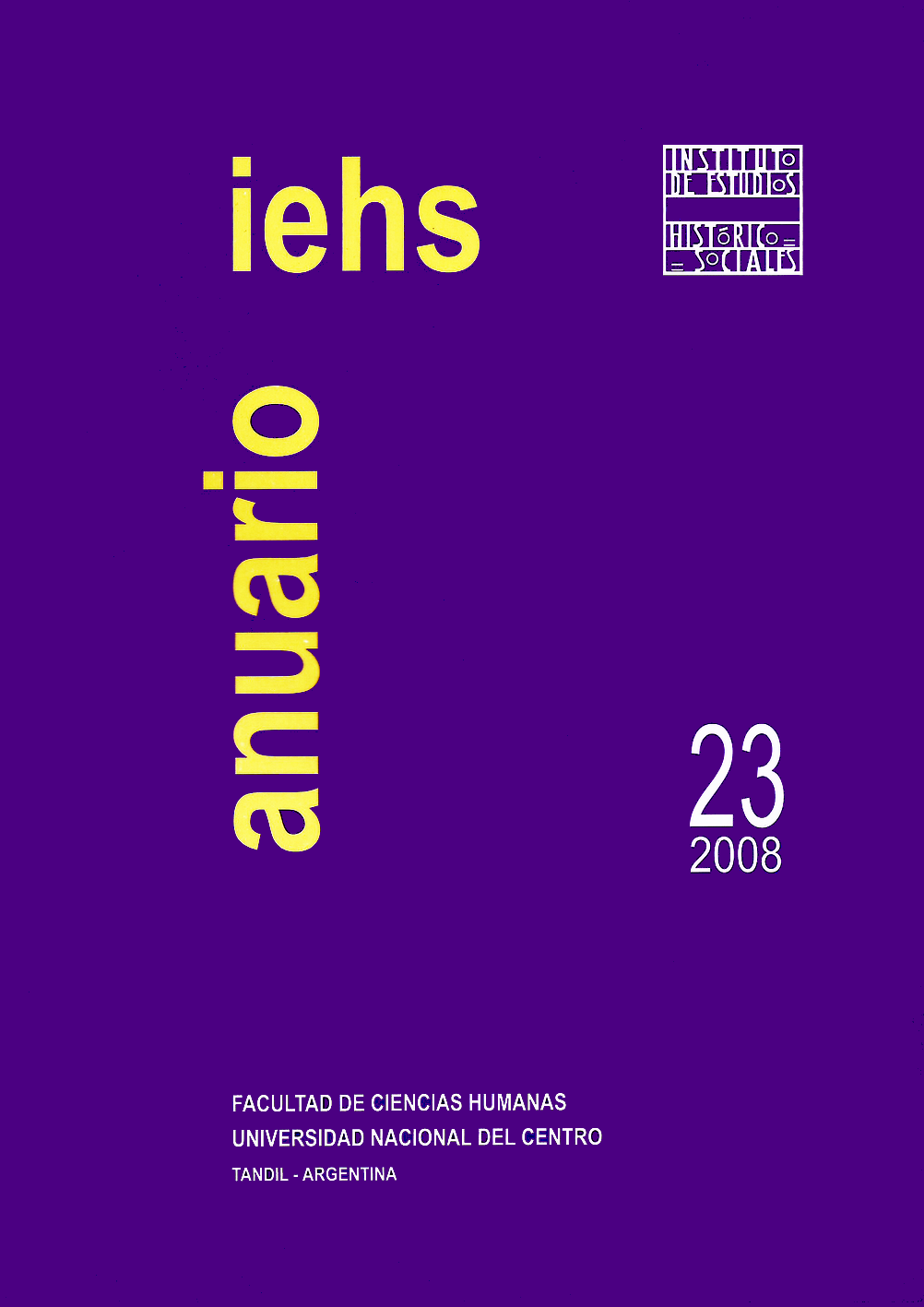De mediadores componedores a intermediarios banderizos: el clero rural de Buenos Aires y la paz común en las primeras décadas del siglo XIX
Keywords:
Mediator, Rural Parishes, Buenos Aires, Ecclesiastic Intervention, Political ConflictsAbstract
The parish priest were the main mediators in the Buenos Aires campaign during the colonial period and this rol was essential for the social control due to the lack of a well-organized police power in the region. Friars and secular priest, through a wide variety of social intervention ways gave legitimacy to the colonial order. They acted like guardians of the public and moral order, intercede differents type of conflicts and became a key rol in the monarchy of its ideological support. This article aims to show some of the changes that the parish priest went through in relation to this mediating rol in the postrevolutionary time. Some changes which have taken place since 1810 –and even before- made the parish priest adopt a new position. They were fewer, they had lost resources –territory, institucional and jurisdiccional power- and they had to obey to the state in the making wich centralized and supervised the ecclesiastic institutions. In this new stage made by “rivadavianas reforms” the parish priest had to play new roles y share –and struggle for- the first positions with the new emerging characters like the peace judges. These difficult adaptations changed the rol of mediator and, often, were accused “to foment rivalries.” Some of the tools that they handled to guarantee “the common peace” at the colonial period –judicial ability, peaceful instruments, among others, would be found in the other hands in postrevolucionary years and would even had them their addressees.
References
.
Downloads
Published
Issue
Section
License
Copyright (c) 2024 Anuario IEHS

This work is licensed under a Creative Commons Attribution-NonCommercial 4.0 International License.



